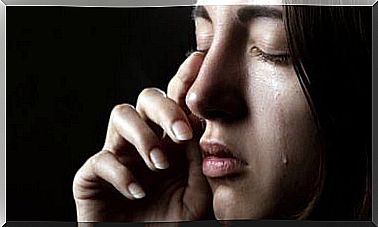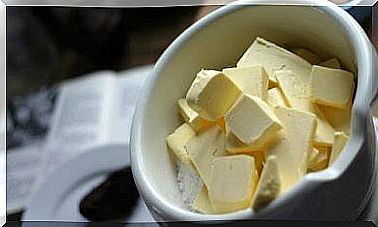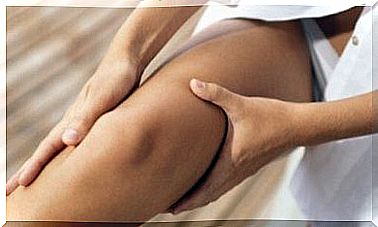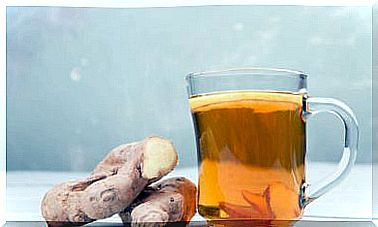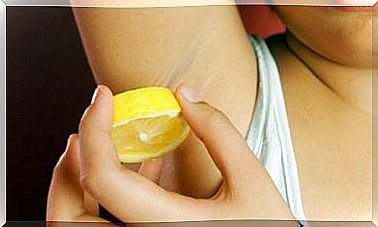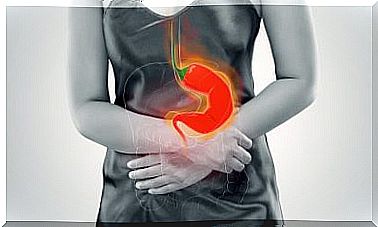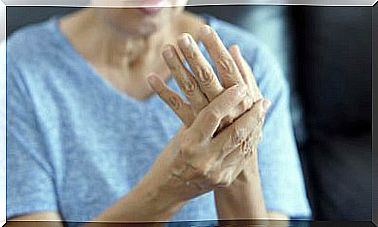How To Fight Bacteria That Cause Burning, Diarrhea And Bloating
The Helicobacter pylori bacteria is a pathogen that can seriously affect the stomach. Among its main symptoms can be mentioned abdominal pain and burning, discomfort in the upper part of it and nausea. However, these are not the only symptoms.
This bacteria is the most common cause of gastritis and gastroduodenal ulcer (peptic ulcer), according to data from the MSD Manual.
It was discovered and described in 1983, we are struck by its virulence when it comes to infecting and staying in healthy patients.
With the simple contact through the hands, H. pylori is instantly installed in the mucosa of the stomach or duodenum, causing us great discomfort.
There where hygiene measures are not always the most appropriate, this bacteria can infect more easily.
Although it is true that the incidence is higher in these types of conditions, no one is exempt from suffering on some occasion a few days of convalescence, pains that, if not treated properly, can lead to chronic gastritis or the always dangerous ulcers .
Causes of the spread of Helicobacter pylori
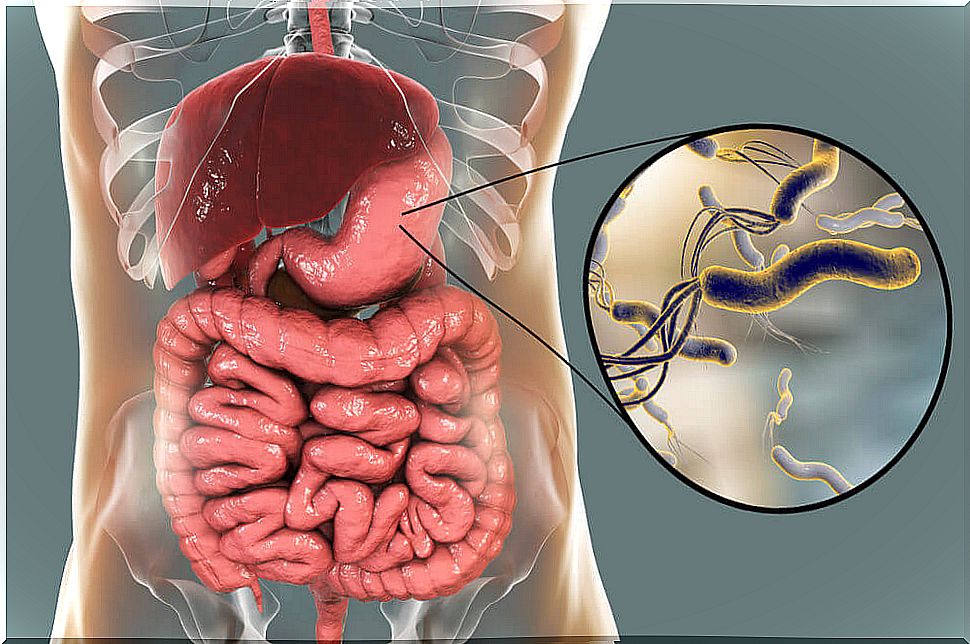
To this day, doctors and scientists are not entirely clear about the reasons why this bacterium enters the interior. However, and given its ease when it comes to infecting us, there are a number of common aspects:
- It is common to contract this bacteria in childhood. It is a time when we are most vulnerable to infection and bacteria.
- Doctors tell us that almost 60% of the population can have this bacteria in their interior asymptomatically. And so it can go on for a lifetime without causing us any harm.
- The route of transmission is person-person, or through infected water or food.
- There are those who will never show any symptoms, but other people, arriving at certain ages, will begin to suffer gastritis, gastric ulcers, heartburn, reflux, and so on.
Symptoms
The most common is that the bacteria are in the stomach or intestine and that it continues without showing any symptoms or discomfort.
Now, if you want to know for sure if this organism is inside you, you can consult your doctor to do the relevant test.
It consists of analyzing the patient’s breath, after having ingested a liquid that contains a non-radioactive isotope. If we have the bacteria in the body, it will transform urea into CO2 and ammonia.
The CO2, then, will pass into the blood and will be eliminated through the lungs, being detected in the exhaled air.
In case you already suffer from digestive problems, the most common is that your doctor recommends doing an endoscopy to analyze the lining of the stomach.
However, if it is lodged in the stomach, it is usually after 40 years when it is more common for certain problems to appear that could give us a clue of its presence:
- Gases
- Halitosis.
- Nausea and vomiting
- Stomach ache.
- Abdominal distension.
- Notice that food no longer tastes like it used to.
- Feeling of fullness despite having eaten very little.
- Black stools or anemia (because we already have ulcers that are causing damage to the walls of the stomach).
Treatment for Helicobacter pylori bacteria
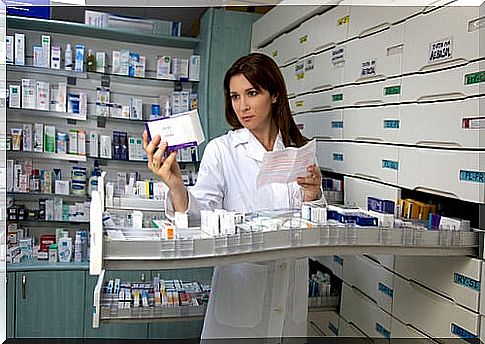
According to the MSD Manual, antibiotic medications and a proton pump inhibitor are commonly used to treat H. pylori infection . Such a pump helps reduce acid production in combination with two antibiotics and sometimes bismuth subsalicylate as well.
General recommendations regarding diet
- Avoid large meals.
- Replace refined flours with whole grains.
- Eat slowly and preferably in moderate amounts. For this, it would be advisable to eat 5-6 meals a day.
- Rest sitting half an hour after eating a main meal. Never lying down.
- Avoid consuming irritating beverages, such as sodas, alcoholic beverages, citrus fruit juices, and tomato juices.
- Avoid fried foods, batters, stews, sauces, spicy foods and all preparations that are rich in fats and oils.

- Prepare food on the grill, boiled in its juice, steamed or baked.
- Drink enough water throughout the day, 30 or 60 minutes before or after eating.
- Reduce the consumption of salt, spices and condiments, to avoid causing stomach irritations.
- Avoid stimulating foods and drinks (coffee, chocolate, etc.)
If you have questions about how to eat a proper diet for your recovery process, consult your doctor. Get well soon!
